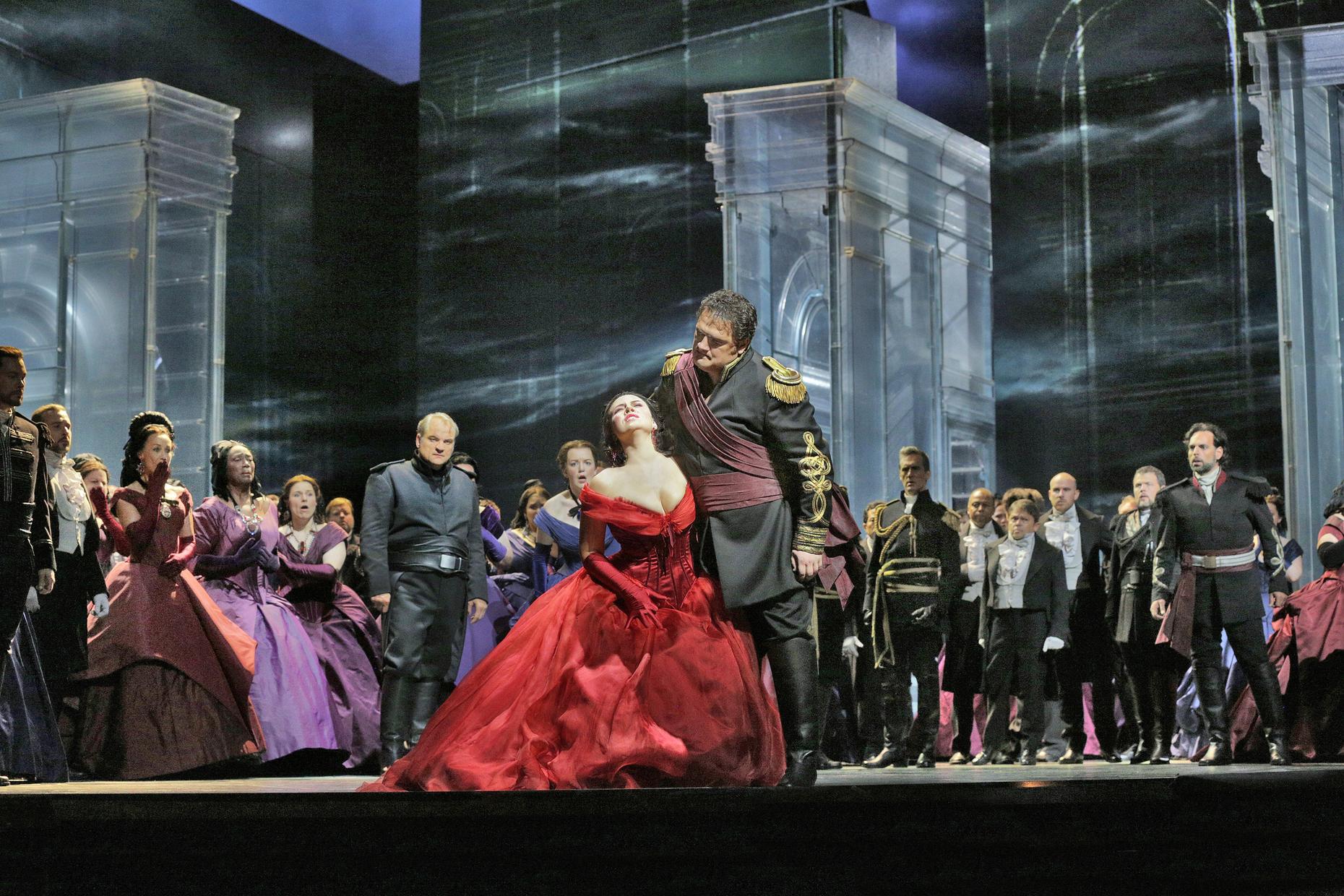


The first book-length study of Rossini’s Italian operas to appear in English, Music in the Present Tense exposes new ways to explore nineteenth-century music and addresses crucial issues in the history of modernity, such as trauma, repetition, and the healing power of theatricality. Situating the operas firmly within the social practices, cultural formations, ideological currents, and political events of early nineteenth-century Italy, Senici reveals Rossini’s dramaturgy as a radically new and specifically Italian reaction to the epoch-making changes witnessed in Europe at the time.

In the past half century, they have made a spectacular return to operatic stages worldwide, but this recent fame has not been accompanied by a comparable critical reevaluation.Įmanuele Senici’s new book provides a fresh look at the motives behind the Rossinian furore and its aftermath by examining the composer’s works in the historical context in which they were conceived, performed, seen, heard, and discussed. But after Rossini stopped composing, a sharp decline in popularity drove most of his works out of the repertory. Since then it has developed parallel to the various musical currents that have followed one another over time up to the present day, generally linked to the current concept of classical music. In the early 1800s, Rossini’s operas permeated Italy, from the opera house to myriad arrangements heard in public and private. The history of opera has a relatively short duration within the context of the history of music in general: it appeared in 1597, when the first opera, Dafne, by Jacopo Peri, was created.


 0 kommentar(er)
0 kommentar(er)
